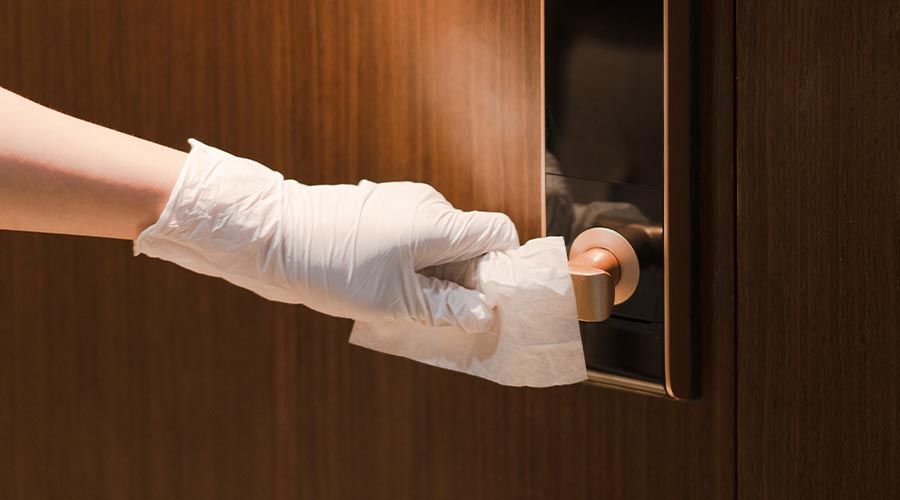
As Americans brace for yet another cold and flu season, a survey by the American Cleaning Institute (ACI) reveals 79 percent of U.S. households miss key opportunities to reduce the spread of illness through proactive cleaning, leaving them at risk. The same surfaces exist in facilities and should be given special attention during this time of high cross-contamination.
While 72 percent of Americans say they change their cleaning habits in some form during cold and flu season, just 22 percent proactively adjust routines for the entire season - a drop from 27 percent in 2024, according to the survey conducted by Wakefield Research for ACI. Even more alarming, 46 percent admit to unhygienic behaviors when sick, including not washing or sanitizing hands after coughing/sneezing (22 percent) and reusing bedsheets after recovering (19 percent).
“As cold and flu season brings a surge in illness, along with an increase in COVID-19 and RSV, we all play a role in reducing the spread of germs through smart targeted cleaning and hygiene practices,” says Brian Sansoni, ACI Senior Vice President of Communications and Outreach. “ACI’s survey shows that cleaning smart can help keep us all safe and healthy.”
Which cleaning and hygiene habits are Americans overlooking? The survey results point to several gaps:
• 81 percent forget at least one area when cleaning, with high-touch spots like light switches (45 percent), doorknobs (39 percent), and vents (39 percent) among the most missed – some of the dirtiest areas of the home.
• Seasonal habits remain unbalanced, with 58 percent deep cleaning in spring, but only 27 percent doing so in winter - the season when colds and the flu spread most easily.
“As both a doctor and a mom of small children, I know how easily one person’s cold can turn into a whole household’s problem,” says Maryal Concepcion, MD, FAAFP, a board-certified family physician in rural Calaveras County, California. “The reality is that simple habits—like wiping down doorknobs, light switches and phones, and washing our hands more often—can go a long way toward keeping our families healthier and avoiding days lost to illness.”

 The Down and Dirty on Cleaning in Virus Season
The Down and Dirty on Cleaning in Virus Season How Surfactant Use is Expanding in Commercial Cleaning
How Surfactant Use is Expanding in Commercial Cleaning